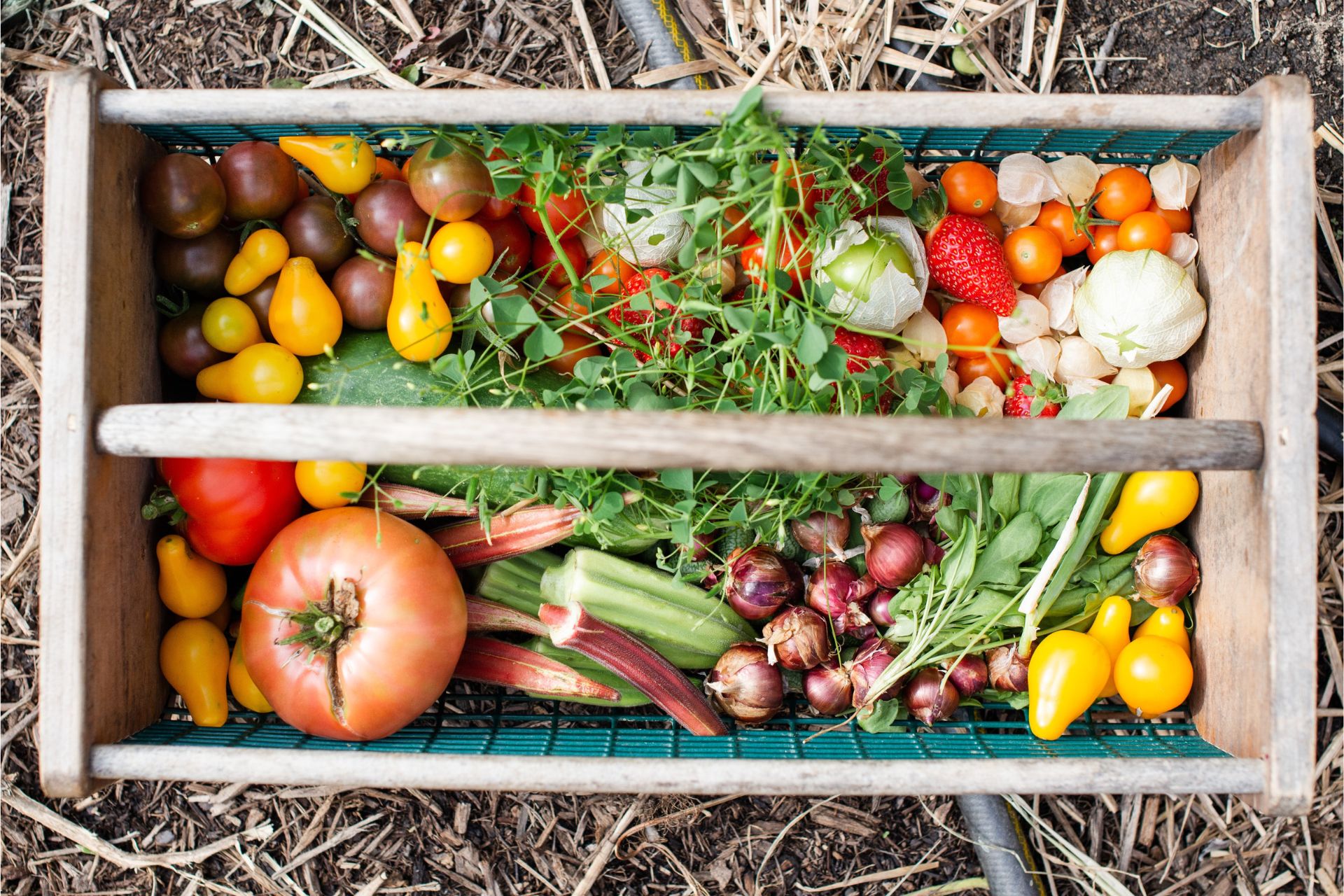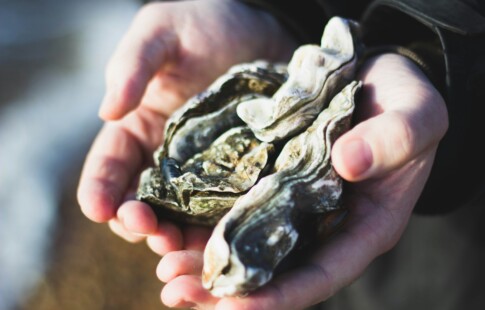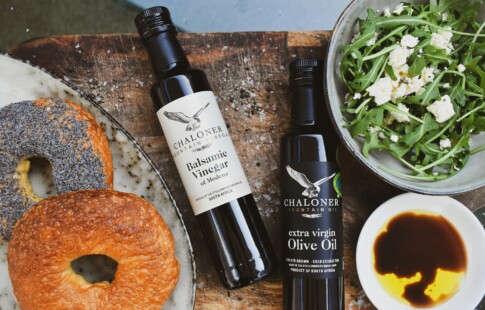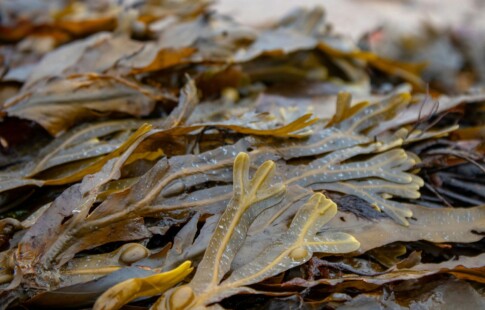
What is the EWG’s Clean 15 Foods List?
We are reader-supported. When you buy through links on our site, we may earn affiliate commission.
As consumers become increasingly aware of environmental issues, many adopt sustainable practices, such as composting, shopping from eco-friendly brands and recycling.
If you’re sustainably minded, you might want to learn about the “Clean 15” foods list. What is this list and why is it important?
What is the Clean 15 Foods List?
The Environmental Working Group (EWG) is a United States nonprofit activist group that focuses on research and advocacy in several areas, including agriculture subsidies, drinking water pollutants, toxic chemicals and corporate accountability. Since 2004, the EWG has released annual consumer guides with various recommended products.
Here are some of the consumer guides from the EWG:
- EWG’s Dirty Dozen Guide to Food Chemicals
- EWG’s Guide to Sunscreens
- EWG’s Skin Deep
- EWG VERIFIED
- Simple, Nutritious and Delicious Meatless Meal Recipes
- Tap Water Database
Unfortunately, some of our popular daily products contain potentially harmful ingredients and chemicals. While there are major brands that focus on sustainability, protecting the environment and keeping customers healthy, others are more concerned with generating revenue.
The EWG believes consumers have the right to know what ingredients are in their products. With these guides, consumers can make more informed purchasing decisions under food, beauty, medicine and other product categories.
The Clean 15 Foods on the EWG’s 2022 Shopper’s Guide
One EWG list is “Clean Fifteen: EWG’s 2022 Shopper’s Guide to Pesticides in Produce.” Did you know that pesticides play a major role in modern food production? Some fruits and vegetables you eat may contain pesticide residues, each with unique properties and toxicological effects.
Although pesticides benefit crop yields, they can have acute and chronic adverse effects on humans. However, health effects often depend on the number of pesticides and how someone is exposed to them.
Because pesticides in food are a public health concern, the EWG releases a list of 15 foods containing the least amount of pesticide residues.
When planning your next grocery shopping trip, consider buying these foods and avoiding some foods the EWG does not include on its list. Learn a bit more about each food and the nutritional benefits they offer.
1. Avocados
- Great source of vitamins E, C, K and B6
- Provides riboflavin, niacin, magnesium, folate, potassium and pantothenic acid
- Offers omega-3 fatty acids
- Contains lutein and beta carotene
- Provides high levels of healthy, beneficial fats
2. Sweet Corn
- Rich in vitamin C
- Contains lutein and zeaxanthin
- High fiber content
- Aids digestion
- Decreases risk of heart disease, type 2 diabetes, stroke and bowel cancer
3. Pineapple
- Rich in B vitamins like thiamin, niacin folate and B6
- High vitamin C content
- High levels of potassium
- Contains iron
4. Onions
- High content of antioxidants
- Lowers blood sugar levels
- Improves bone health
- Reduces cholesterol levels
- High in potassium
5. Papaya
- High levels of vitamins A, E and C
- Aids in digestion
- Reduces inflammation
- Aids in weight loss
6. Frozen Sweet Peas
- Contains zinc
- High levels of vitamins C and E
- Contains antioxidants
- Good source of fiber
7. Asparagus
- High nutritional value but low in calories
- Contains vitamins K, A, C and E
- Contains B6, folate, potassium and calcium
- Good source of fiber
8. Honeydew Melon
- High vitamin C content
- Contains vitamin K, folate and magnesium
- High in potassium
- Rich in fiber, low in calories
9. Kiwi
- High in vitamin C and dietary fiber
- Contains vitamin E and folate
- Supports the immune system
- Helps with digestion
10. Cabbage
- Improves digestion and aids in weight loss
- High vitamin C and K levels
- Good source of fiber
- Low-calorie food
11. Mushrooms
- Low in calories
- High in fiber, antioxidants and protein
- Great source of selenium and vitamin D
- Stimulates a healthier gut
12. Cantaloupe
- Has protein and healthy fats
- High in vitamin C, B6 and magnesium
- Contains beta-carotene, folate and potassium
- Good source of fiber
13. Mangoes
- Contain over 20 different vitamins, such as C, A and B6
- Good source of potassium and magnesium
- Support a healthy immune system
- Can help maintain cholesterol levels
14. Watermelon
- Contains potassium, vitamin A and magnesium
- High levels of vitamin C
- Rich in citrulline
- High water content and some fiber
15. Sweet Potatoes
- Good source of fiber and vitamins C, A and B6
- Delivers a third of your need for manganese
- Supports digestion
- Low in calories
In addition to offering a wide range of health benefits, you can buy these foods without worrying about pesticide exposure. It’s important to note that the U.S.’s sweet corn, papaya and summer squash may be produced from genetically modified seeds. If you want to avoid GMOs in these foods, consider buying organic varieties.
The EWG’s Dirty Dozen
In addition to the EWG’s Clean 15 list, they publish another list containing 12 foods you might want to avoid. It’s called the EWG’s Dirty Dozen. Here is a list of those 12 foods:
- Strawberries
- Spinach
- Kale, collard/mustard greens
- Nectarines
- Apples
- Grapes
- Bell/hot peppers
- Cherries
- Peaches
- Pears
- Celery
- Tomatoes
This is not to say you cannot eat these foods, but the EWG did report that they contain the highest levels of pesticides. If possible, buy organic versions of the foods on the list above. When you buy organic, you still reap the nutritional benefits of these foods without exposing yourself to pesticide residues.
What is Organic Food?
In simple terms, organic food products are made by following the best practices of organic farming. For example, these farms cycle resources, conserve biodiversity and promote ecological balance. It’s important to understand what “organic” means to make educated purchasing decisions.
Produce is considered organic if the USDA certifies that it was grown in soil free of prohibited substances, fertilizers or pesticides. When you grocery shop, look for the USDA Certified Organic label on food packaging. This will empower you to buy organic varieties of most foods to reduce pesticide exposure.
Making Educated Purchases While Food Shopping
The food we eat impacts us in many ways, both mentally and physically. No one wants to eat food containing pesticides, but it might be challenging if you have a tight budget. If possible, buy organic foods to keep harmful chemicals out of your diet. Consider reviewing the EWG’s Clean 15 Foods list and the Dirty Dozen to guide your next shopping trip.
Share on
Like what you read? Join other Environment.co readers!
Get the latest updates on our planet by subscribing to the Environment.co newsletter!
About the author

Steve Russell
Steve is the Managing Editor of Environment.co and regularly contributes articles related to wildlife, biodiversity, and recycling. His passions include wildlife photography and bird watching.





